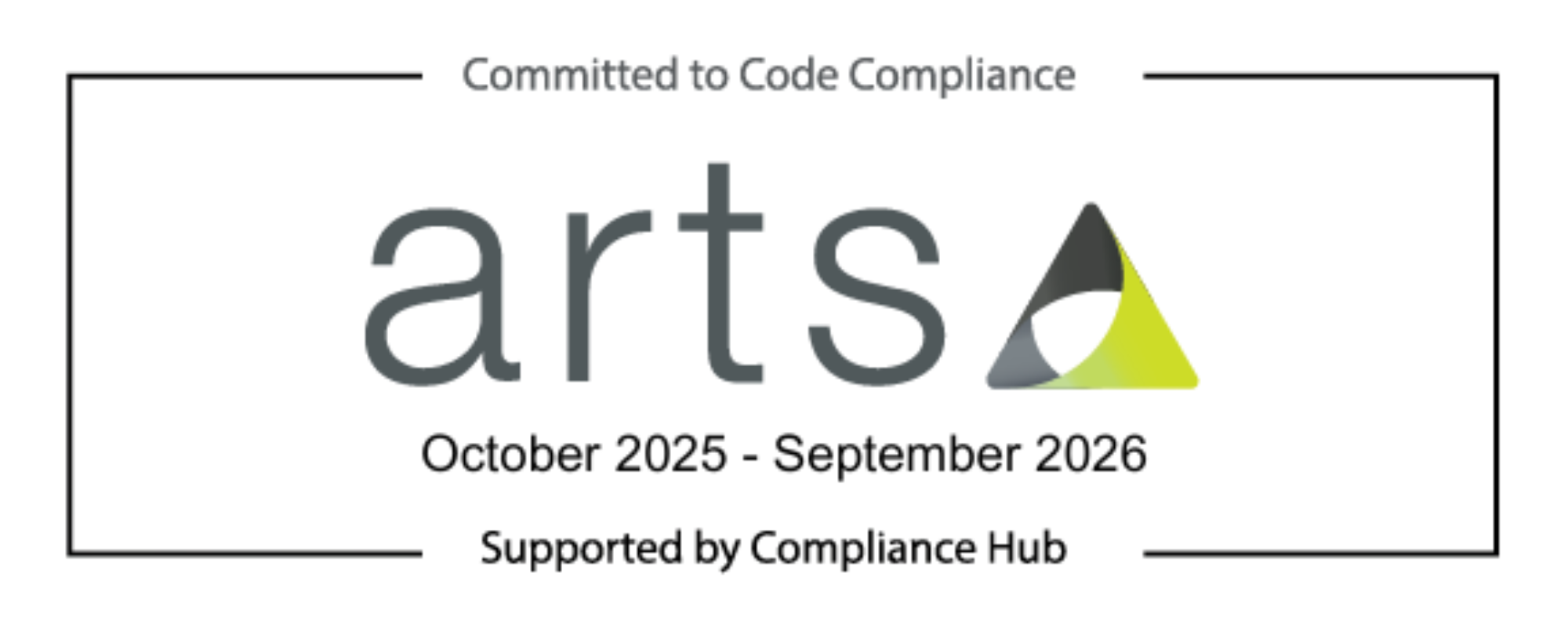Pharmacy Stress – The Bad, The Good and the EU-gly?!
Pharmacy stress is a hugely serious and concerning issue. We have all seen the statistics, we’ve seen our friends crumple under workload, funding and workforce pressures and some of us are absolutely at the effect of stress ourselves – sleepless nights, living on caffeine, working in the evenings and at weekends and never really able to switch off from work.
Sound familiar?
I’ve been there. I ignored the tell-tale signs of stress because ‘everyone else around me was feeling the same’. It became burnout. I was so disengaged with what I was doing and who I was doing it for that it took its toll. I became depressed and eventually, became disengaged with life. I didn’t want to be here anymore.
Thankfully I didn’t act out on those feelings and sought help just in time but sadly plenty of people, in pharmacy and healthcare do. Every year.
There are two issues I want to highlight here; firstly there is still a huge stigma associated with speaking about mental health in pharmacy. Every time I tell my story I am inundated by other pharmacy colleagues who have felt the same. And it’s not just pharmacy that is affected. Last year at the Acute and General Medicine Conference, I had an Anaesthetist come up to me after my talk to say that four fellow Anaesthetists had taken their life in HIS TEAM ALONE. We (still) don’t talk about this enough in pharmacy and beyond. There is still too much fear of what others will think and what will happen to us if we do. Stories like mine help to normalise but I would like to see more people opening up about their struggles.
There is also not enough focus on prevention. Coaching and training colleagues in healthcare, we see the benefits of this firsthand. Even just getting people to stop for the hour, away from work, to focus on themselves and how they approach their work and their life pays dividends. Let alone the practical ways to start tackling the actual cause of the problem – the perfectionism we all suffer from, the punishingly high self standards, the taking on too much and not being able to say no. The leaving our own needs to the bottom of the priority pile whilst we look after everyone else first. It’s through educating and empowering the pharmacy workforce to change these internal causal factors that is going to help ease the stress in our sector because sadly the funding, resource and workforce issues won’t be resolved overnight.
In addition, how about we turn the issue of stress on its head? Not all stress is bad believe it or not! I will pass on to my colleague and good friend Dr Gary Redfeather to explain more…
In no way does the following addition negate the obvious negative impacts, but we need to realise there are positive benefits of stress.
What?
Positive impacts?
Yes, for without any 'prompt' from our internal and external environments, we would not be compelled into action. The most natural of phenomena, hunger, is a prime internal example: our body feels the need for fuel (i.e. we are stressed because we need the calories to keep our system running) so we eat! Similarly, anyone who has ever tried to walk on a sheet of ice knows that it is the friction between our feet and the ground that allows us to progress in our journey - and without it we fall!
Unfortunately for most of us we are taught to only associate stress with the negative - shortening the more accurate term of dys-stress (the spelling changing over time to distress) to simply 'stress.' Distress is a negative correlation between stress and output: the more we are distressed the worse we can perform, if you will. If we were to learn about the alternative, something called eu-stress (spelled 'eustress' without the emphasis) we would easily see there is also a positive correlation between stress and output. A prime example here are the goals we set, the plans we make around them, and the supportive structures around us that help us attain them... without this 'stress' (and, yes, desire is a form of stress!) we are less likely to do the work of attaining what we most want.
The key here is to realise there is a biphasic relationship between stress and output: increasing stress leads to increased output that then reaches an optimal point (known as our 'optimal discomfort level') that then transitions into a negative correlation with further increases of stress leading to decreased output.
Critically important for us all is to find the 'optimal discomfort level' for ourselves/others and determine if we must decrease or increase the amount of stress in our lives to help us thrive.
Most of us in pharmacy are high achievers and actually motivate ourselves to work better and harder by increasing our own stress (yes those of you who perform better under a deadline, we mean you!) So, in order to change your experience of stress and get it to work for you in a way to help you thrive, you need to determine where you (and others) are on the biphasic curve and how to influence the internal and external stressors to help.
How do you do this?
Don’t worry, we are here to help if you'd like to hear more.
For more information, Harpreet can be contacted at harpreet.chana@thementalwealthacademy.com
and Gary can be contacted at gjkeil2@gmail.com or both are available on LinkedIn.
If you are struggling and need help/support, you can access counselling or Listening Friends at Pharmacist Support (www.pharmacistsupport.org) They also have links to other services available.


 London
London


